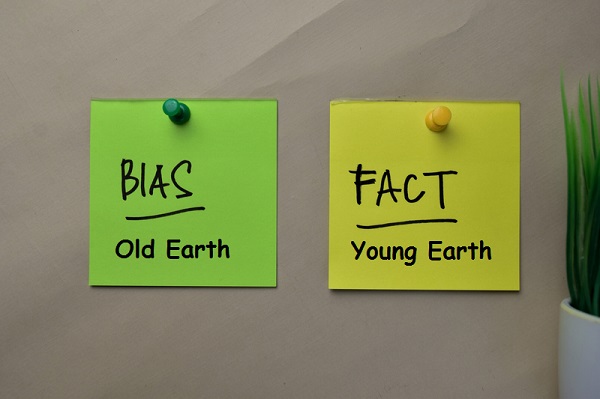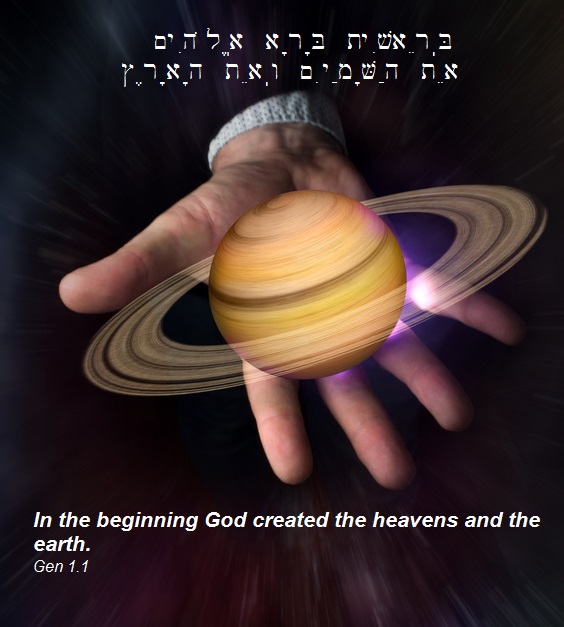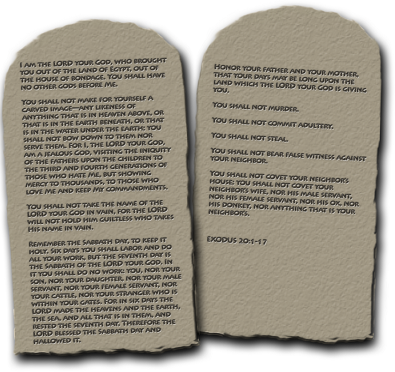
“Watch out for false prophets. They come to you in sheep’s clothing, but inwardly they are ferocious wolves. (Mat 7:15)
There was a recent[1] debate on creation and inerrancy which addressed the question: “Does belief in inerrancy necessitate a particular view of the age of the earth?”[2] In contrast to U.S. political debates this election cycle where moderators prop up one candidate and challenge the other one, this debate was moderated fairly by apologist Frank Turek who holds to the old earth position[3], though you couldn’t detect it from the way he moderated. Debater Terry Mortenson holds to the young earth position, as do I, and the other debater, Hugh Ross, holds to the old earth position. Continue Reading





